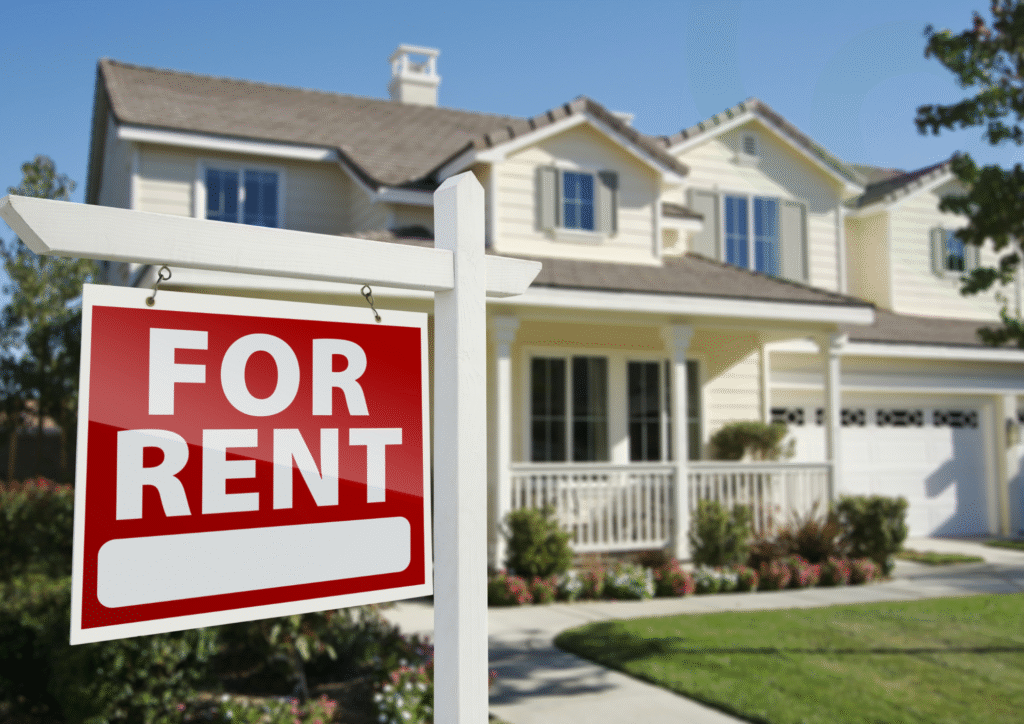When you own a rental home, protecting it goes far beyond collecting rent and maintaining the property. One of the biggest mistakes property owners make is assuming that a standard homeowners policy will cover a rental. In reality, rental property home insurance is a specific type of coverage designed to protect landlords and their investment properties, and it’s essential.
Why You Can’t Rely on Standard Homeowners Insurance
Many first-time landlords or accidental property owners believe their existing homeowners policy will extend to cover tenants. Unfortunately, that’s not the case. Standard homeowners insurance is meant to protect owner-occupied homes. When a property is rented to others, the risks and liabilities change, and your insurance must reflect that.
According to the Insurance Information Institute (III), failing to notify your insurance provider about a change in occupancy (like renting your home) can lead to denied claims. Studies show that a significant portion of claims are rejected each year due to “material misrepresentation” or the wrong policy type.
That’s where rental property home insurance comes in.
What Does Rental Property Home Insurance Cover?
This type of policy is specifically built for homes that are not your primary residence but are being rented out. It typically includes:
Coverage for the structure of the home
Liability protection in case someone is injured on the property
Loss of rental income if the property becomes uninhabitable due to a covered event
Optional coverage for landlord furnishings or appliances
In Massachusetts and many other states, landlords are also legally required to carry liability insurance when renting out residential property. If a tenant, guest, or contractor is injured on the premises, you could face significant legal costs — even if you’re not at fault. Rental property home insurance gives you a safety net in those situations.
Rental Property Home Insurance in Massachusetts
If you’re renting out a property in Massachusetts, it’s important to know that certain local factors may affect your coverage. Harsh winter conditions, for example, can increase risks like frozen pipes and roof collapse. Some insurers even offer specific add-ons to cover snow-related damage or tenant-caused accidents.
According to a 2023 report from the Massachusetts Division of Insurance, claims related to weather events have increased by over 25% in the last five years. For landlords, that’s a clear sign that proper insurance isn’t optional — it’s necessary.
How Much Does Rental Property Insurance Cost?
On average, rental property home insurance costs about 15% to 25% more than a standard homeowners policy. The final rate depends on several factors including location, property age, condition, and whether you rent long-term or short-term.
Although it might seem like an added expense, the cost of not having the right insurance could be devastating. A fire, flood, or injury claim can lead to tens of thousands of dollars in damages — and without proper coverage, it could all come out of your pocket.

Final Thoughts from Hemelyh
As someone who’s been in the insurance world for over 18 years, I’ve seen so many people come to us after they’ve already faced losses they thought were covered. At PIG, we prefer to educate our clients before anything happens. Rental property home insurance isn’t just a policy — it’s peace of mind for property owners who are building a future through real estate.
If you own a rental property, talk to our team. We’ll walk you through your options step by step and help you protect what you’ve worked so hard to build.



